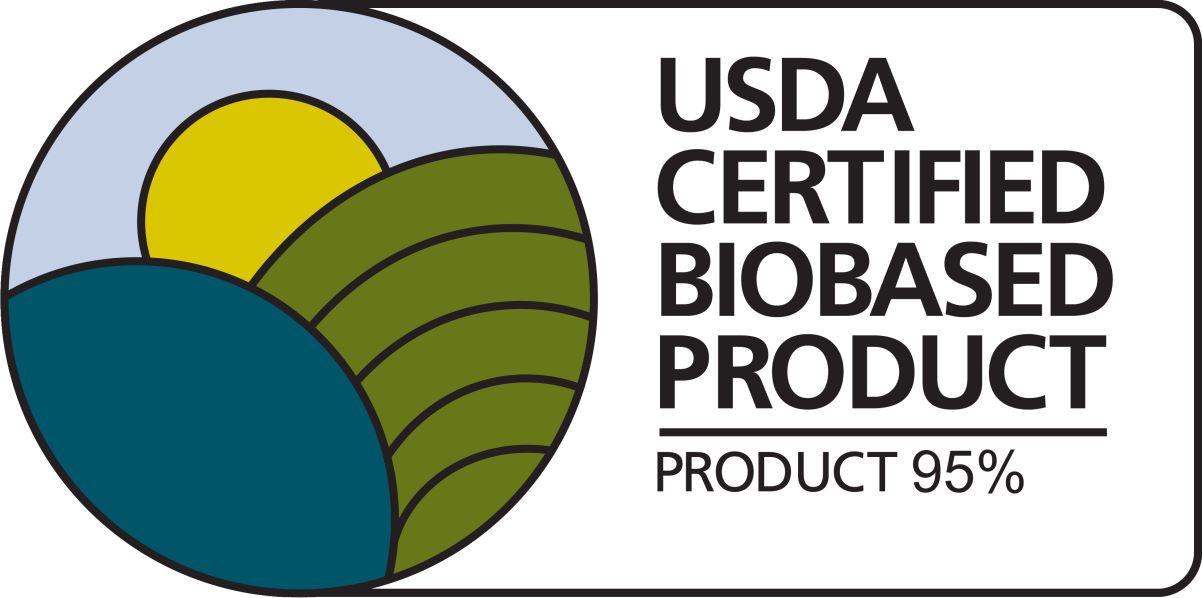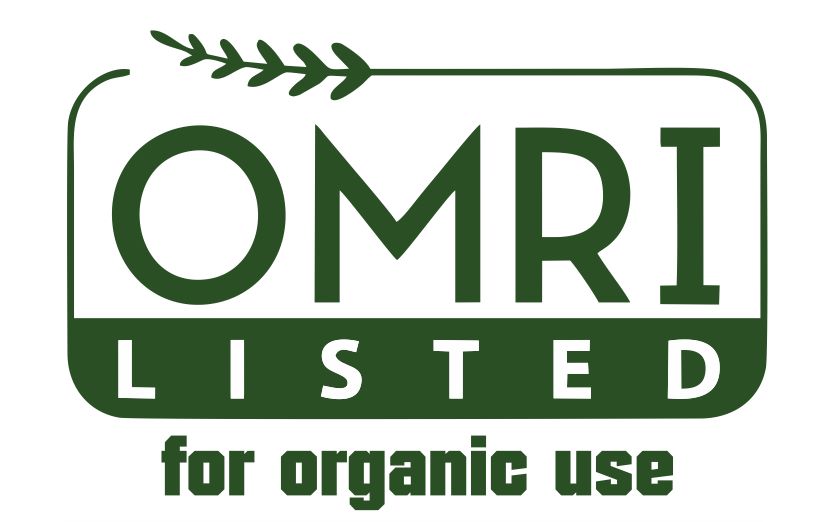WASTE WATER TREATMENT
Efficient wastewater treatment is essential for protecting water resources and maintaining ecological balance. Our wastewater treatment solutions focus on sustainable and cost-effective methods for treating and recycling wastewater in various industries. We provide advanced treatment systems, biological solutions, filtration technologies, and expert consultation to help businesses meet regulatory requirements, reduce water usage, and promote responsible water management practices.
Water Treatment
FAQ's
What are microbes and how do they benefit agriculture, Aquaculture, soil, and wastewater treatment?
Microbes, or microorganisms, are microscopic living organisms such as bacteria, fungi, and protozoa. In agriculture, certain microbes can enhance plant growth, improve nutrient availability, and protect against diseases. In soil, microbes play a crucial role in nutrient cycling, organic matter decomposition, and soil structure improvement. In wastewater treatment, specific microbes can break down organic matter, remove pollutants, and enhance the treatment process.
Are these microbes safe for humans, animals, and the environment?
Yes, the microbes used in agriculture, soil, and wastewater businesses are typically selected for their safety and beneficial characteristics. They are extensively tested to ensure they do not pose harm to humans, animals, or the environment when used as directed. It's important to follow the recommended guidelines and usage instructions provided by the manufacturer.
How do microbes improve plant growth and yield?
Certain microbes form beneficial relationships with plant roots, known as symbiotic associations. These microbes can enhance nutrient uptake, particularly for elements like nitrogen and phosphorus, making them more available to plants. Additionally, some microbes can produce plant growth-promoting substances, improve soil structure, suppress plant diseases, and enhance the plant's stress tolerance.
Can microbes replace traditional fertilizers and pesticides?
While microbes can provide significant benefits to agriculture, they are not meant to entirely replace traditional fertilizers or pesticides. Instead, they can complement conventional practices by improving nutrient availability, reducing the need for synthetic fertilizers, and promoting healthier plant growth. Additionally, certain microbes can help suppress plant diseases, potentially reducing the reliance on chemical pesticides.
How do microbes improve soil health and fertility?
Microbes play a fundamental role in soil health by decomposing organic matter, releasing nutrients, and enhancing soil structure. They can break down complex organic compounds into simpler forms that are accessible to plants. By promoting nutrient cycling, microbes contribute to the overall fertility and productivity of the soil. They also help improve soil structure, water-holding capacity, and erosion resistance.
How are microbes used in wastewater treatment?
In wastewater treatment, specific strains of microbes are used to break down organic matter, degrade pollutants, and remove contaminants from wastewater. These microbes can convert organic compounds into simpler forms through processes like aerobic or anaerobic digestion. They play a vital role in different stages of wastewater treatment, such as activated sludge processes, biological filters, or lagoons.
how are MICROBES USED IN Aquaculture ?
Probiotics: Beneficial bacteria added to improve gut health and disease resistance in fish and shellfish.
Water Quality Management: Microbes help convert harmful compounds like ammonia into less toxic forms and maintain water quality.
Waste Management: Microbes decompose organic waste and prevent its accumulation, recycling nutrients back into the ecosystem.
Disease Management: Some microbes produce antimicrobial compounds and compete with pathogens, reducing the risk of disease outbreaks.
Larval and Algal Culture: Microbes are used to culture microalgae and zooplankton, which are important food sources for larval aquatic organisms.
Overall, microbes play a crucial role in maintaining the health and productivity of aquaculture systems while promoting sustainability and reducing environmental impact.
How do I apply microbes to my crops or soil?
The application methods can vary depending on the product and its intended use. Microbes can be applied as seed treatments, soil inoculants, foliar sprays, or through irrigation systems. It's important to follow the instructions provided by the manufacturer regarding dosage, application timing, and specific application techniques to ensure optimal results.
Our Quality & Certifications





UMS PHARMA LABS
Say goodbye to chemical fertilizers! Our range of Natural fertilizers is designed to provide essential nutrients to your plants without compromising the long-term health of your soil or the environment.
© 2023 UMS Pharma Labs Pvt Ltd.
Quick Connects
PHOTO GALLERY
